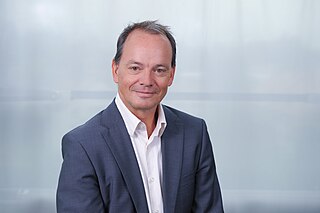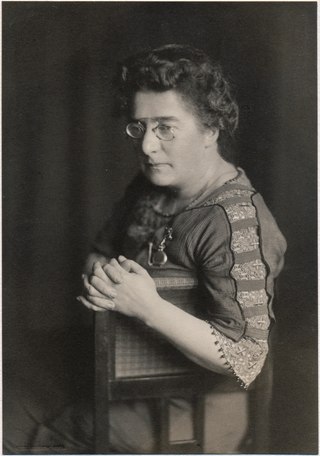The Wuppertal Institute for Climate, Environment and Energy is a German research institution for sustainability research, focusing on impacts and practical application. It explores and develops models, strategies, and instruments to support sustainable development at local, national, and international levels. Research at the Wuppertal Institute focuses on ecology and its relation to economy and society. Special emphasis is put on analyzing and supporting technological and social innovations that decouple the prosperity of economic growth from the use of natural resources. The organization's activities focus on developing transformation processes aimed at shaping a climate-friendly and resource-efficient world.

Gerd Faltings is a German mathematician known for his work in arithmetic geometry.

The Bartlett Faculty of the Built Environment, also known as The Bartlett, is the academic centre for the study of the built environment at University College London (UCL), United Kingdom. It is home to thirteen departments, with specialisms including architecture, urban planning, construction, project management, public policy and environmental design.

Johannes Daniel Dahm is a German geographer, ecologist, activist, consultant and entrepreneur.

Wolfgang Sachs is a researcher, writer and university teacher in the field of environment, development, and globalization.
Gerhard Scherhorn was a German Professor and economist.
COCE is the name of a research project and stands for "Conservation and Use of Wild Populations of Coffea arabica in the Montane Rainforests of Ethiopia".

The FOM University of Applied Sciences for Economics and Management is Germany's largest private university. The business school is privately run, works in close co-operation with other universities, and is state recognized. With more than 42,000 students the FOM is the largest private university in Germany. Also it has the biggest economic and business sciences faculty in Germany.
Marco Keiner is Director, Environment, Housing and Land Management Division at the United Nations Economic Commission for Europe (UNECE).

Antje Boetius is a German marine biologist. She is a professor of geomicrobiology at the Max Planck Institute for Marine Microbiology, University of Bremen. Boetius received the Gottfried Wilhelm Leibniz Prize in March 2009 for her study of sea bed microorganisms that affect the global climate. She is also the director of Germany's polar research hub, the Alfred Wegener Institute.
The Leibniz-Zentrum für Marine Tropenforschung (ZMT) in Bremen is a German institute for research and developments for tropical and subtropical coastal areas and ecosystems.
Thomas Zink is a German mathematician. He currently holds a chair for arithmetic algebraic geometry at Bielefeld University. He has been doing research at the Institute for Advanced Study in Princeton, at the University of Toronto and at the University of Bonn among others.

Stephan Huber is a German sculptor and object artist.
Stacy D. VanDeveer is an American academic and international relations scholar. He is Professor, Department of Conflict Resolution, Human Security, and Global Governance at the McCormack Graduate School at the University of Massachusetts, Boston. He was Chair of the Department of Political Science and Professor of Political Science at the University of New Hampshire. He has also taught courses with Harvard Extension School and Harvard Summer School, and been a fellow at Harvard University's John F. Kennedy School of Government, Brown University's Transatlantic Academy, UMASS, and UNH London Program. VanDeveer has authored and co-authored over 90 articles, book chapters, reports and six co-edited books on his specialties. His research interests include international relations, comparative politics, LGBT rights, EU and transatlantic politics, humanitarian degradation and connections between environmental and security issues.
The United Nations University Institute for Integrated Management of Material Fluxes and of Resources (UNU-FLORES), established in 2012, is one of the 13 institutes that make up the United Nations University (UNU) — a global think tank and postgraduate teaching organisation headquartered in Tokyo, Japan.

Bas de Leeuw is a Dutch economist and sustainability expert. He is currently Managing Director of the World Resources Forum.

Adeline Rittershaus was a German philologist, a scholar in old Scandinavian literature, and champion for the equality of women. She earned her doctorate in 1898, at the University of Zurich, being one of the first women to do so at that institution, and acquired in 1902, as the first woman, a Venia legendi at the Faculty of Arts of the same university. Her most famous work is a collection of Icelandic folk tales.
Erhard Scholz is a German historian of mathematics with interests in the history of mathematics in the 19th and 20th centuries, historical perspective on the philosophy of mathematics and science, and Hermann Weyl's geometrical methods applied to gravitational theory.

Joachim von Braun is a German agricultural scientist and currently director of a department of the Center for Development Research at the University of Bonn and President of the Pontifical Academy of Sciences.










